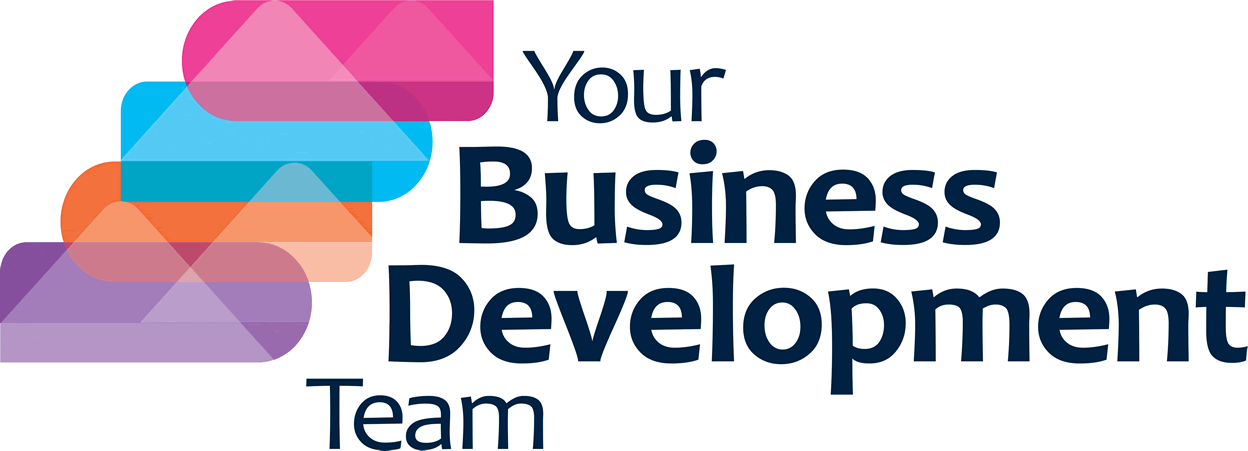A few weeks ago, I read about the old American TV show, The A Team, and how, whilst it was a great success with the viewers, the actual team of actors got on very badly behind the scenes bringing the show to an end. It made me consider team work and how important it is for long term success.
In my previous Blog this month, I wrote about sales profiles and how having the right profile for the right job is key to sales success. The Blog was useful in terms of outlining the differences between sales profiles and the consideration of each skill alongside your sales strategy.
But what about the sales team? Surely, to achieve success you must consider not only the sales profiles, styles and skills of each member but also how they will all work together in one team. Like any other recruitment process this can prove difficult, so I thought it might be helpful to put together some key considerations when putting together your sales team:
- Consider your sales strategy and key goals: Is your company planning to achieve growth through growing your clients’ spend or are you focusing in developing new markets? Most growing companies have a requirement for both and their sales targets will be a mix of new and existing business. This means you will need the right mix of sales profiles in your team to make this happen.
- Consider your sales process: So many Sales Managers miss the fact that in order to increase conversion and productivity, the team must adhere to a clear sales process. This is not just about how you many times you follow up and what agenda you follow in your meeting. An important part of this process is considering who in the team does what, based on their profiles and skill, to ensure maximum conversion is achieved.
- Consider what roles are required within the team: once you are clear on your strategy, goals and process, you can draw up the ideal sales roles you require to fulfil this most productively. Ideally, you would want to have the right number of Account Managers, New Business Development Managers, Telemarketing Consultants and Sales Support Managers.
I hope you think the above considerations make sense, but you may well have a few further considerations:
- What if you already have a team, perhaps even some decent sales people within it but it does not meet the profile you require?
I would imagine that this may well be the case with many companies and there are four key things to do in this situation:
- Analise the current skills and profiles you have and identify the gaps
- Train and skill your existing team where possible
- Provide focus through plans and goals
- Hold on to those who embrace the change and replace the ones who don’t
A full sales team require a myriad of roles and skills, should they all be provided in-house?
I think that the answer to this is absolutely not. Take follow up and telephone work for example; I have written before about the behaviour profile best suited for telemarketing and it is not a sales profile. It can also be hard to keep and motivate a Telemarketing Consultant in house. My advice would be as follows:
- Consider the roles in your team again and decide which would require specialist knowledge of your company’s products.
- Consider which of the roles might not be specialist but would benefit from being managed in-house.
- Outsource all other roles to a specialist company
If you view this page on our website, you may find that we are able to support your sales team with both of the scenarios above. Get in touch if we can be of further help.


